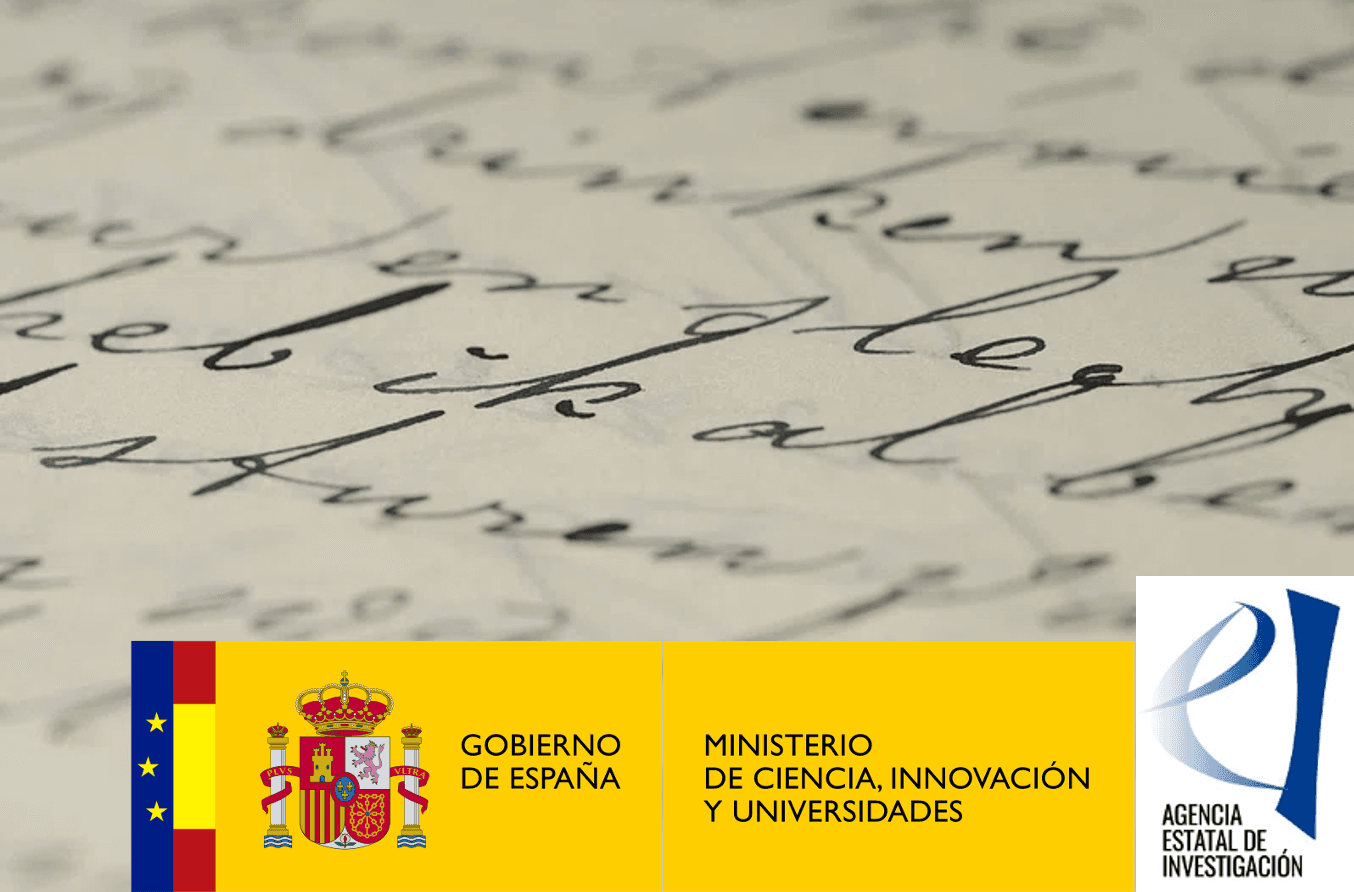From Assessment of Quality to Scaffolding (FAQTS)
- Principal Investigator(s): Naymé Salas with Elisa Rosado, Iban Mañas, Mariona Pascual, Remei González, Rocío Cuberos
- Funding agency: Ministerio de Ciencia e Innovación
- Amount: €52,030.00
- Duration: 2020-2023
- Reference: PID2019-108791GA-I00
Writing competence is one of the most pressing challenges in education in Spain and Europe. Despite its vital importance, however, writing development research has proceeded for decades with some of its core tenets being, for the most part, undefined. For example, the very essence of the quality of written products, that is, text quality is still very much under debate. Without a robust and objective understanding of the text-based aspects that should be looked for in writing development and of the different factors that impinge on such process, the field in its entirety will always struggle to build on previous research, so that evidence can truly accumulate and be efficient to face the challenges of a knowledge-based society.
This type of limitations to our knowledge of how writing develops are partly responsible for the difficulties that have been identified with the teaching of writing at school. According to some studies, teachers are either not in close contact with relevant research findings about written language teaching, or these findings are not being disseminated properly. We would like to argue that there is a third possibility: that relevant research findings are not produced in a way that is useful for practitioners to derive everyday pedagogical decisions.
We would like to propose that the way we conduct intervention studies and the subsequent meta-analytic studies do not properly translate to educators everyday concerns. We should be factoring in as many nuances to the effectiveness of an intervention, which would help or refuting) the effectiveness of a teaching method, to providing detailed information about its suitability, attending to common teacher concerns and realities. In other words, we aim to not just establish what works, but when and for whom, incorporating as many details as possible. In this project, we aim to provide a strong empirically-based approach to the assessment of writing across educational levels, by resorting to the large corpora that members of the research team have collected over several projects, as well as with the texts that will be collected in the context of the present project. This assessment goal will be complemented by a series of quasi-experimental interventions in primary schools. The main aim of these interventions will be to evaluate their effectiveness in a way that resonates with teachers and practitioners. In this sense, the project intends to explore a methodological approach that will serve to answer common, everyday questions that teachers might be making themselves with regards to the teaching of writing. Our project will make a substantial contribution to the field of text quality teaching and research by offering a thorough developmental account of a host of text characteristics in relation to several other aspects of the texts and of their writers, as well a providing detailed, evidence-based orientations for the teaching of writing at school.
